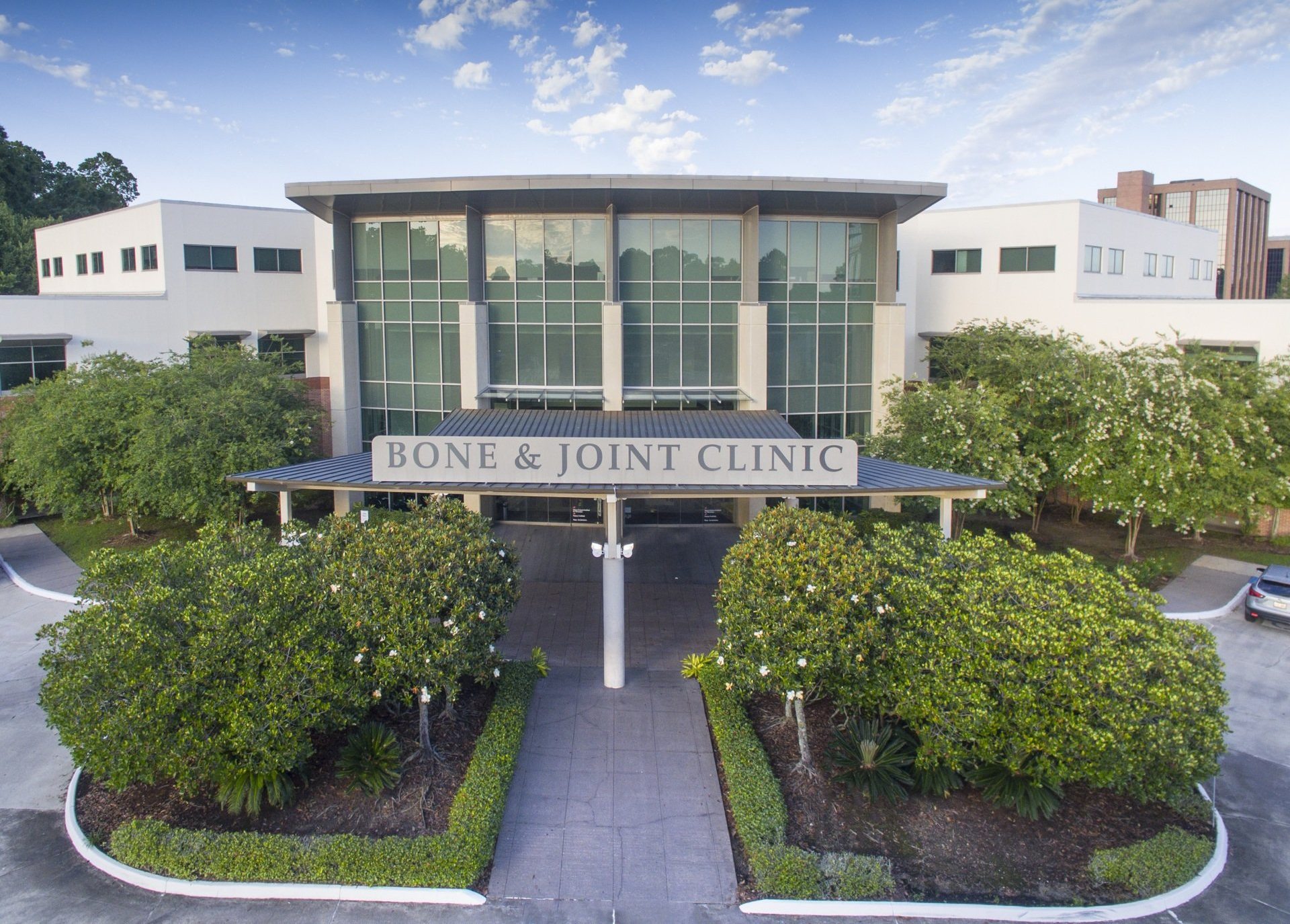Arthritis is often considered to be an affliction of the elderly. Images commonly associated with the condition typically show older patients suffering pain in their hands or knees, and while these cases are certainly prevalent, there are many other presentations. In fact, of the more than 50 million Americans who suffer from arthritis, two-thirds are under the age of 65. Furthermore, the condition can affect virtually any joint in the body, including the shoulder.
How Does Shoulder Arthritis Begin?
There are many different forms of arthritis, and each develops in its own way. Determining the specific form of arthritis that is present is key to understanding how the condition began in the first place. Generally speaking, there are five main types of arthritis which may impact the shoulder. These include:
- Osteoarthritis – Degenerative (wear and tear) arthritis that occurs over time
- Rheumatoid Arthritis (RA) – Arthritis resulting from an autoimmune disease
- Posttraumatic Arthritis – A specific form of osteoarthritis that develops following acute trauma to the joint
- Rotator Cuff Tear Arthropathy – A condition in which arthritis develops due to a sizeable, long-standing tear of the rotator cuff tendon
- Avascular Necrosis – A condition in which blood supply to the shoulder joint is disrupted leading to break down of the joint and the development of arthritis.
Once the specific type of shoulder arthritis has been identified, patients and their orthopedic physicians can begin to develop a plan for treatment and symptom relief.
How is Shoulder Arthritis Treated?
Depending on the type and severity of arthritis, there are a number of potential treatment options which may be explored. Initially, most patients will begin with nonsurgical options such as physical therapy, NSAIDs, corticosteroid injections, and prescription medications. However, it more severe cases or those for which other treatments have failed, surgical intervention may be necessary. Most frequently, these surgeries fall into one of two main categories:
- Arthroscopy – A technique using small incisions, a lighted scope, and special surgical instruments to see and debride (clear out) inflamed tissue and cartilage within the joint.
- Arthroplasty – Shoulder joint replacement surgery that may be used for more advanced cases. There are different types of arthroplasty which may be performed based on individual patient needs.
Treating Shoulder Arthritis in Baton Rouge
If you are suffering from pain and physical limitations of the shoulder, arthritis could be to blame. The condition can affect nearly anyone and presents in many different forms. An orthopedic physician who specializes in both the shoulder joint and the treatment of arthritis can help determine the cause of your discomfort and expertly guide you through the best treatment options.
In Baton Rouge, such shoulder specialists can be found at the Bone and Joint Clinic of Baton Rouge. Click below to learn more about our doctors and to request a consultation.




